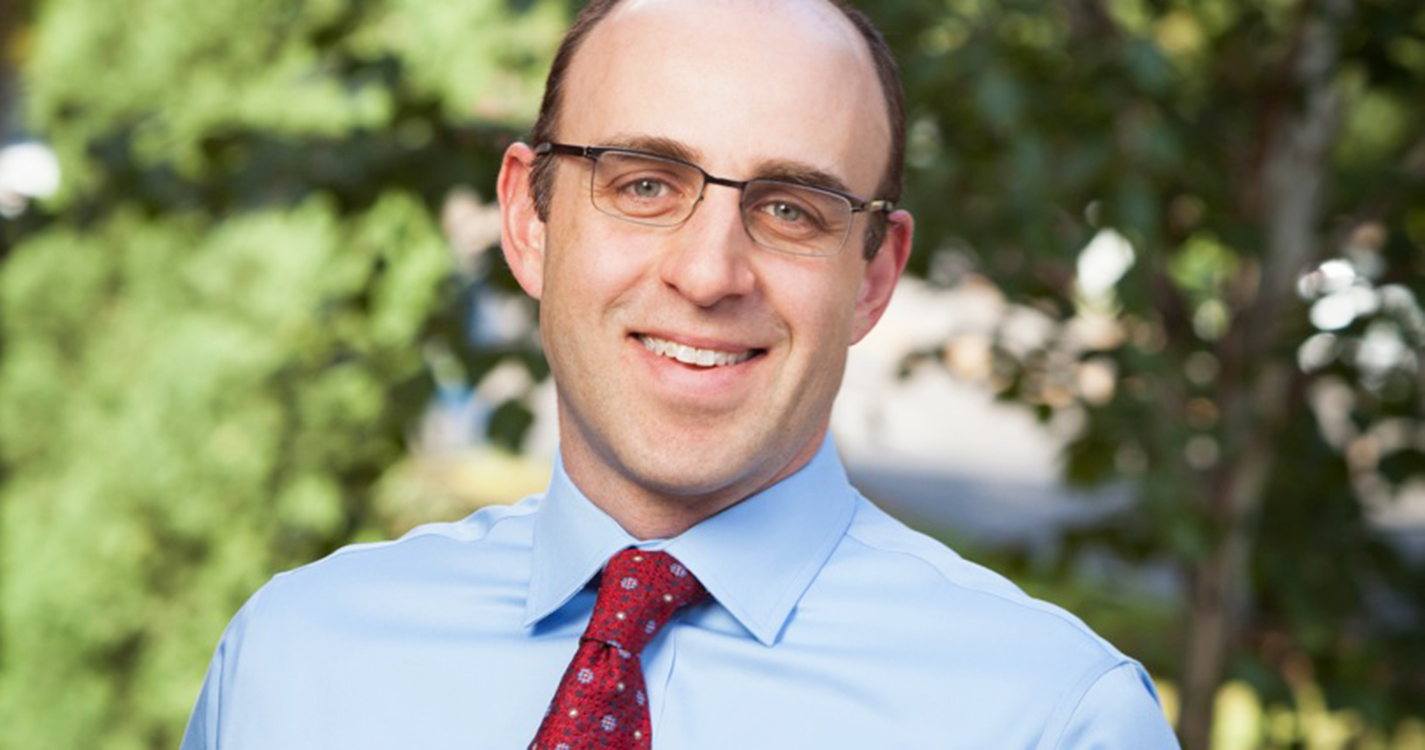Government and law expert and Willamette University Professor of Law Paul A. Diller was quoted in a Statesman Journal article reporting on the United States Supreme Court ruling that ordered lower courts to reconsider whether the government's evidence of corruption is strong enough to try former Virginia Governor Robert F. McDonnell thus nullifying the prior guilty verdict and a two-year prison sentence.
McDonnell v. United States asks the question, for the purpose of federal bribery statutes, is an “official action” limited to the exercise or threatened exercise of actual governmental power, and if the term is not limited in this manner, are the statutes unconstitutional? Writing the court's opinion, Chief Justice Roberts set a straight-forward definition of the term.
"In sum, an 'official act' is a decision or action on a 'question, matter, cause, suit, proceeding or controversy," Roberts wrote. "Setting up a meeting, talking to another official, or organizing an event (or agreeing to do so)—without more—does not fit that definition of an official act."
Professor Diller said it appears that the Supreme Court was concerned about criminalizing routine interactions between elected officials and their constituents.
"Attending events, taking meetings, making phone calls, this is activity the Supreme Court didn't think Congress intended to make illegal," said Diller.
Statesman Journal reports that it is unknown whether the high court's opinion will have any bearing on an investigation by Oregon's U.S. Attorney into alleged acts by former Gov. John Kitzhaber and his fiancee, Cylvia Hayes.
Read the full story online at statesmanjournal.com.
About Paul A. Diller
Paul A. Diller writes and teaches in the areas of local government, the police power and related issues of state and federal constitutional law at Willamette University College of Law in Salem, Oregon. His scholarly work has appeared in the Stanford Law Review, The University of Chicago Law Review, and the Georgetown Law Journal, among other journals. Diller’s recent scholarship addresses the unique potential of cities to spur regulatory change, particularly with respect to protecting the public health. Diller also directs Willamette Law’s Certificate Program in Law and Government.
About Willamette University College of Law
Opened in 1883, Willamette University College of Law is the first law school in the Pacific Northwest. The college has a long tradition at the forefront of legal education and is committed to the advancement of knowledge through excellent teaching, scholarship, mentoring and experience. Leading faculty, thriving externship and clinical law programs, ample practical skills courses, and a proactive career placement office prepare Willamette law students for today's legal job market. According to statistics compiled by the American Bar Association, Willamette ranks first in the Pacific Northwest for job placement for full-time, long-term, JD-preferred/JD-required jobs for the class of 2014 and first in Oregon for the classes of 2012, 2013 and 2014. Located across the street from the state capitol complex and the Oregon Supreme Court in downtown Salem, the college specializes in law and government, law and business, and dispute resolution.

